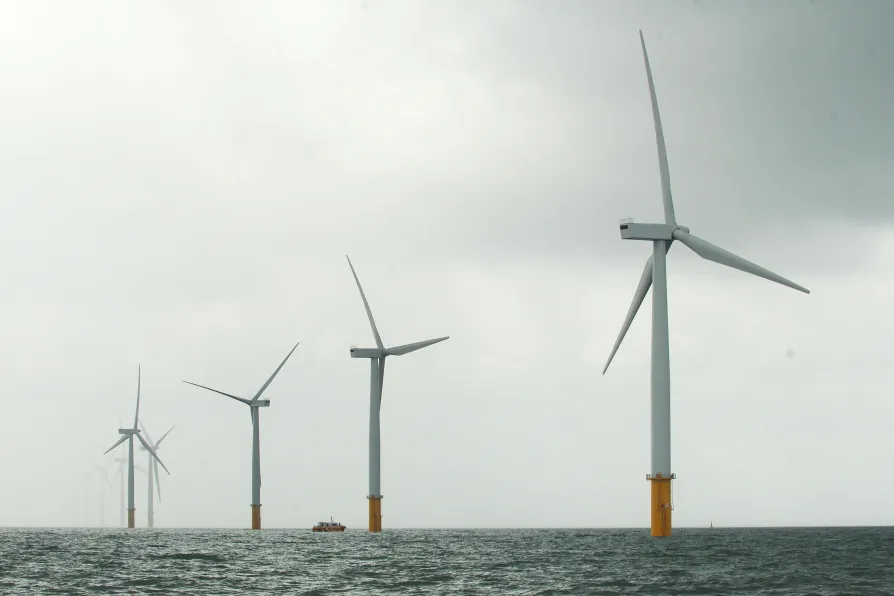Scottish TUC welcomes GB Energy plans in Scotland

 A general view of the Inner Dowsing offshore wind farm in the North Sea
A general view of the Inner Dowsing offshore wind farm in the North Sea
SCOTLAND’S trade union leaders have welcomed news that GB Energy will be based in Aberdeen, following an agreement between the Westminster and Holyrood governments.
Officials said Great British Energy, which is set to recieve £8.3 billion of funding over this Parliament, would develop partnerships with Scottish public bodies to accelerate Scotland’s pipeline of clean energy projects.
STUC general secretary Roz Foyer said: “After the confirmation that GB Energy will be based in Aberdeen, this partnership agreement is another positive sign that the Scottish and UK governments are recognising public investment today can rebuild industries across Scotland for the future.
Similar stories

LUKE FLETCHER is concerned by the vagueness of Great British Energy's promised benefits to communities in Wales













